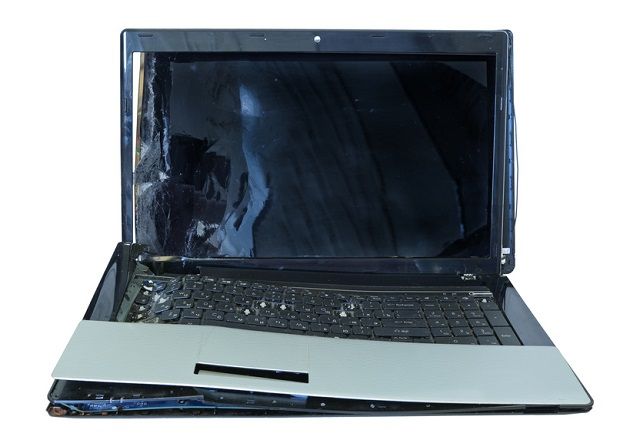
Something often overlooked, until there’s a problem, is the issue of backups and security
We’ll cover how to ensure that you are protected from data loss, and can recover from any situations quickly.
By the end you will be able to implement methods to ensure your ongoing business security, easily.
With many records being held digitally now, it is important to keep backups (indeed, it’s actually a requirement from the UK tax authority to maintain backups if you choose to keep records electronically, rather than on paper.)
Backups can either be physical or online, I’ll talk about both of these options as well as the relevant advantages and disadvantages. I also recommend that you undertake a combination of methods, to ensure coverage should one fail.
Physical backups
For speed and access, I recommend making backups physically on either USB memory sticks or external hard drives. You will want to make sure you are using USB3 level equipment as it is so much faster than the older USB2 standard.
With USB memory stick backups, you can have several – some drives are so small and robust that you can actually keep them on a key ring that goes with you, so you are always able to access them.
Portable hard drives are also able to be taken with you, many are the size of a mobile phone and don’t require an external power source. The transfer speed with a hard drive usually exceeds that of a memory stick, so large backups are much quicker. The capacity of hard drives is greater than a memory stick, so whilst the stick may hold your day to day files, the hard drive could hold backups of other, larger files.
You should make sure that your backups aren’t kept in the same location as the actual device. For example, if you keep an external hard drive in the same backpack with the laptop, it means that if the backpack is stolen you also lose your backup as well.
One thing that should always do with physical backups is to encrypt them, so that they are not readable should they be lost. There are several solutions – some drives come with encryption software installed that you just have to activate. There are also standalone versions you can buy to use if they are not supplied already. The professional versions of windows also have encryption built-in.
Speaking of encryption – you should also encrypt the hard drive of your laptop, set a password on your tablet and also encrypt and password protect your smartphone. You’ll be carrying client and business data with you in public locations, so will want to be protected. You should also activate tracking on all devices so they can be located, and also remotely shut down should it become necessary.
Online backups
Another option that can be useful for backups is online, however the key issue with this method is internet access – if you don’t have access in your location then you can’t either perform a backup, or access your files.
If you do have web access the internet speed will be a limiting factor. Whilst many broadband lines in the UK perform at 20Mb download the upload speed could only be 2Mb, so backups will take a long long time. Indeed, I actually have one data file that takes only a few minutes to back up to a USB stick, but would take 9 hours to do online!
If you are using a 4G mobile hotspot on your smartphone then the upload speed can sometimes be much quicker than a fixed broadband line, but this will depend on location.
You do also need to be aware of the data limits on your account when performing online backups and restorations.
As I mentioned, I do recommend a combination of both physical and online for backups, when possible, as this gives you an added level of protection.
You should also back up your tablet and smartphone using the online option in their settings, as the data file is smaller – that way should you upgrade or lose the old ones it’s an easy matter to restore them and you will find that your contacts, settings and apps are also restored automatically.
I’ll cover additional security and backups for websites in a later post.
VPN
When you are travelling you will most likely come across public Wi-Fi. Firstly, whenever away from your home network you should always disable Wi-Fi on your devices – otherwise fraudulent hotspots can attempt to log on to your device without you knowing whenever you go past them.
When you are in a location where want to use the public Wi-Fi, this should be done through what is called a Virtual Private Network or VPN.
A VPN creates a secure connection between your device and the web, protecting you from hackers that may be trying to access your data through the Wi-Fi. VPN’s are easily used by means of an app you install onto laptops, smartphones and tablets – and should be activated before you use Wi-Fi. They’re also very affordable, and a good line of defence.
We’ve covered the options available to you for security and backups – but it’s important to actually implement them. A note in your diary to perform a regular backup is very much recommended.
